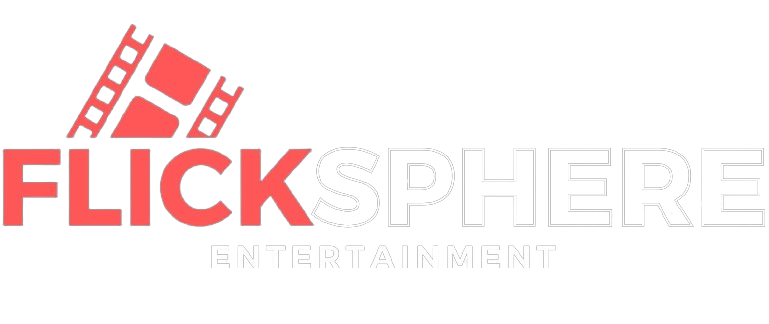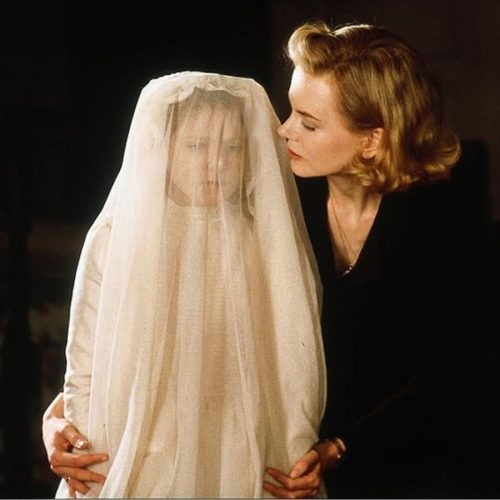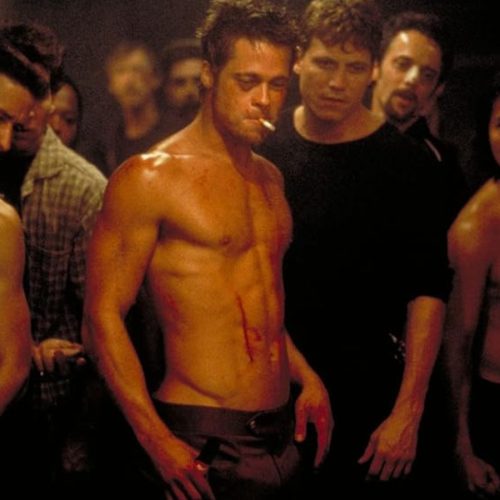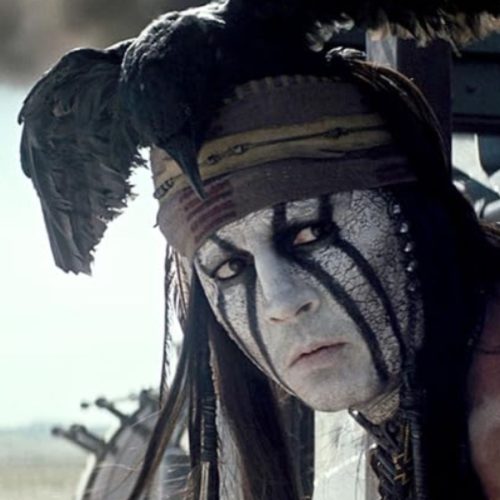Cancel culture is a very real phenomenon that can devastate a film’s reputation, and youth films are a common target. We live in a world where social media can amplify critiques instantly, causing many beloved films from previous decades to face scrutiny through the lens of modern sensibilities.
As societal norms evolve, certain aspects of these films that were once widely accepted may now be viewed as problematic or insensitive. From the gender roles in Grease to racial stereotypes in The Goonies, here are 18 teen films that may not survive today’s moral standards.
Porky’s

Set in the 1950s, this comedy follows a group of high school boys on a quest to lose their virginity. As you’d expect from the premise, it features explicit sexual content and crude humor that may be deemed offensive by today’s standards. Even worse is the lack of dialogue surrounding consent and respect in relationships, both of which should’ve been considered.
Sixteen Candles
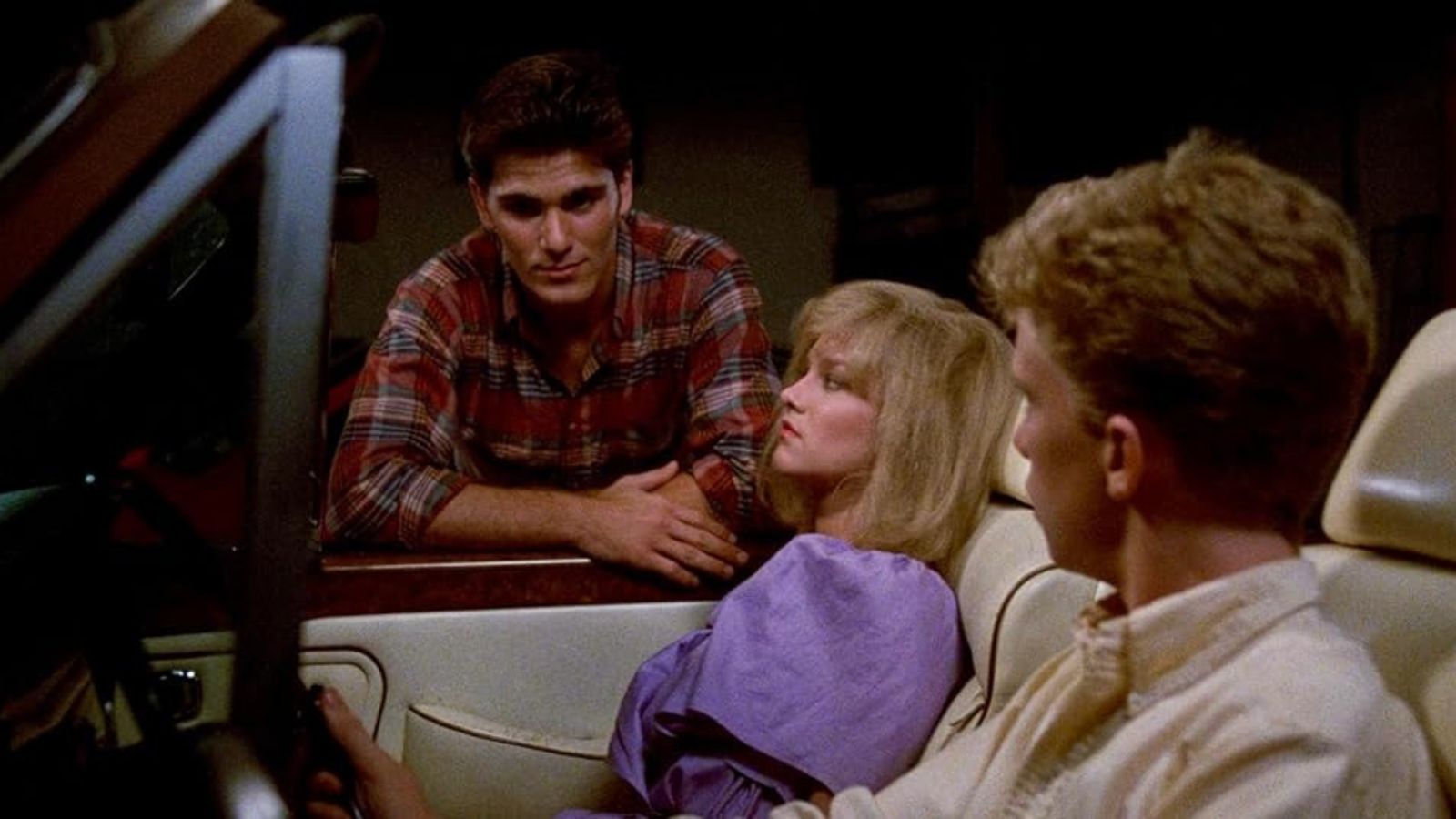
Beloved for its whimsical portrayal of teenage life and romance, this coming-of-age tale has been scrutinized by modern audiences. Not only does it include racially insensitive portrayals of Asian characters, but there’s also a problematic storyline involving a teenage girl being taken advantage of while intoxicated.
The Breakfast Club
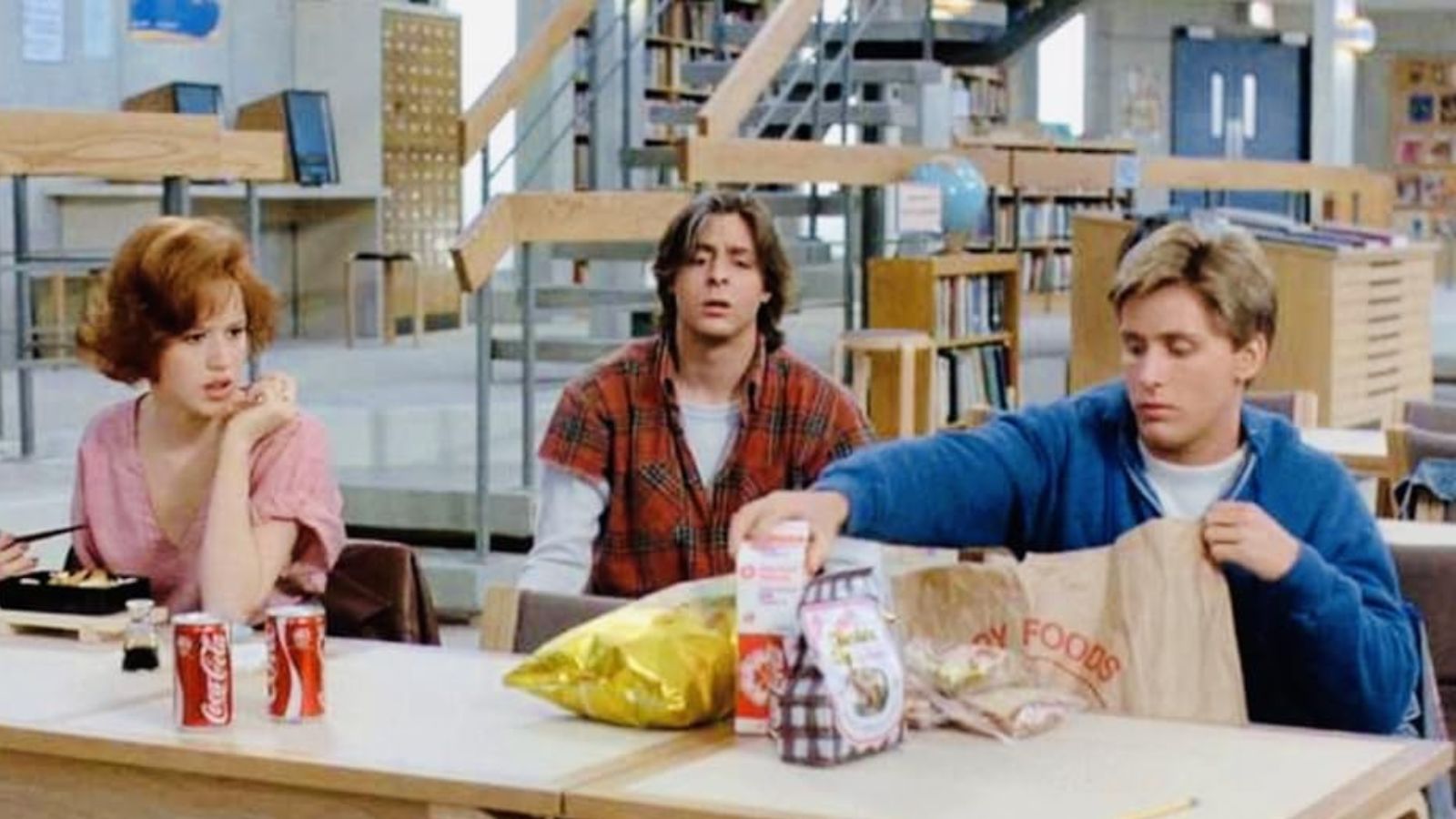
A classic of the 1980s, this film made waves in the cinematic world by exploring the lives of high school students from different social cliques. Yet it contains scenes of bullying, inappropriate language, and stereotypical representations that may not sit well with current views on inclusivity and mental health awareness.
Revenge of the Nerds

This film follows a group of socially marginalized college students who exact revenge on their bullies. Its premise could’ve added to healthy conversations surrounding morality. Unfortunately, Revenge of the Nerds includes scenes of voyeurism and non-consensual sexual encounters thinly disguised as humor. Such content would likely face severe backlash in today’s environment, which advocates for respect and consent.
Ace Ventura: Pet Detective
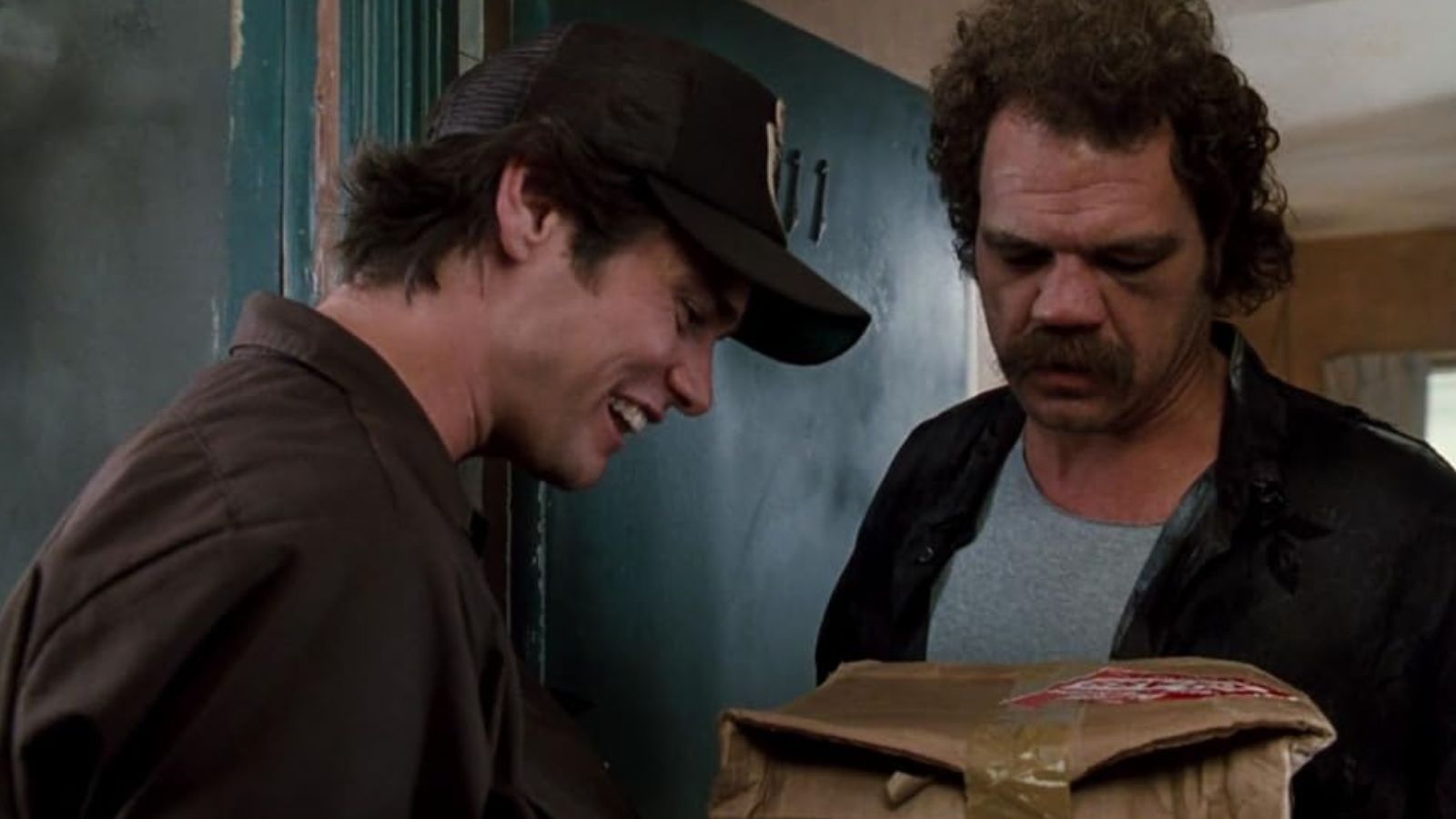
Known for its slapstick comedy and outrageous humor, this film features a climax where the antagonist is revealed to be transgender. While the scene could’ve been handled positively, the character’s representation of the LGBTQ+ community instead led to transphobic jokes and mockery. Such portrayals reinforce harmful stereotypes and are rightly criticized today.
Superbad

While celebrated for its portrayal of teenage friendships and coming-of-age experiences, this film also includes homophobic jokes and objectifying attitudes toward women. There’s little room for this style of humor in today’s society, as it perpetuates harmful stereotypes and fails to align with contemporary values of inclusivity.
American Pie
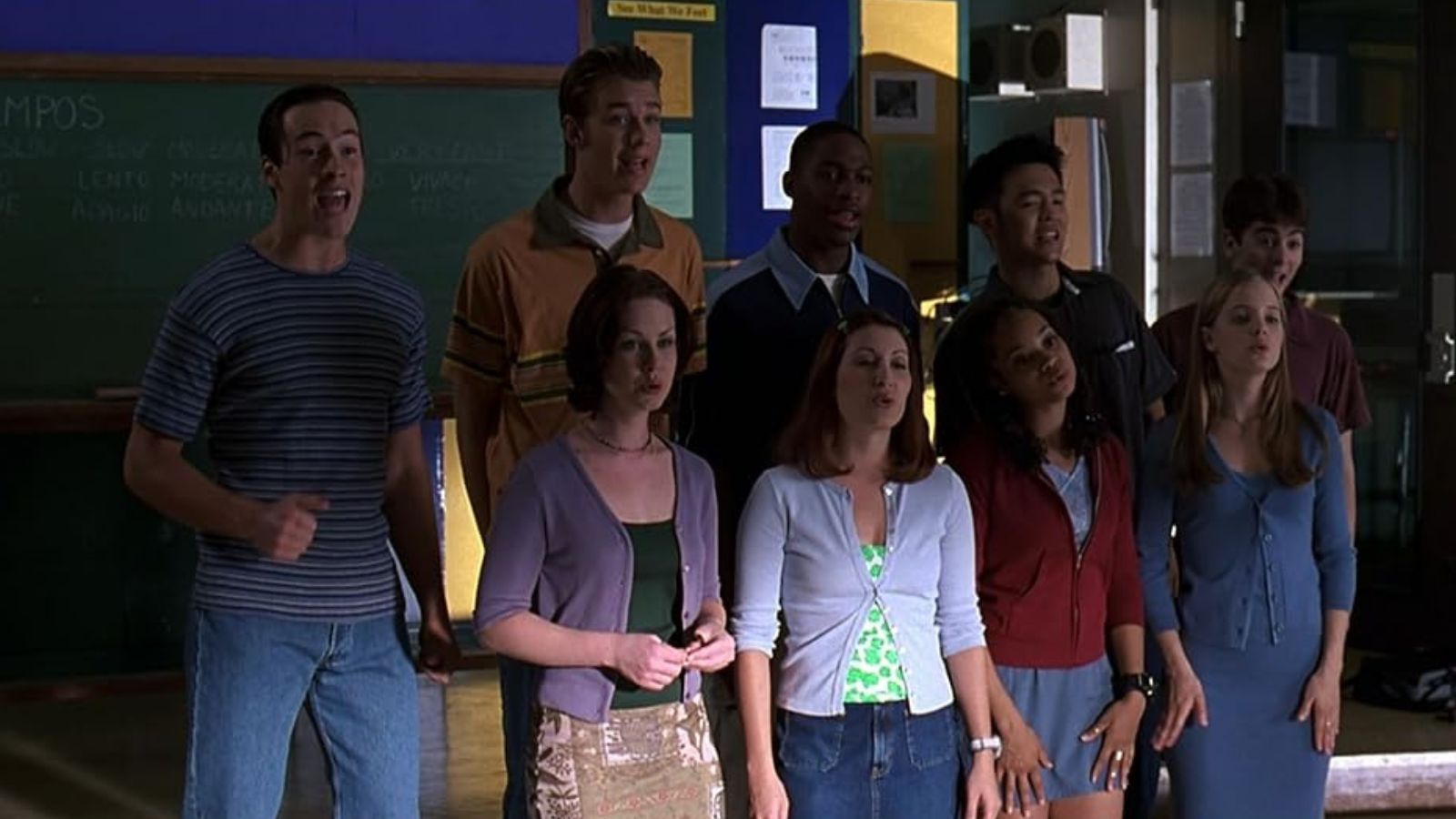
Though a nostalgic watch for some, this comedy has become famous for all the wrong reasons. American Pie follows a group of high school seniors trying to lose their virginity before graduation and is notorious for its crude humor and sexual content involving teenage characters. Many viewers believe these themes should’ve been handled differently, especially the portrayal of underage drinking and sexual coercion, which would face significant criticism today.
Grease
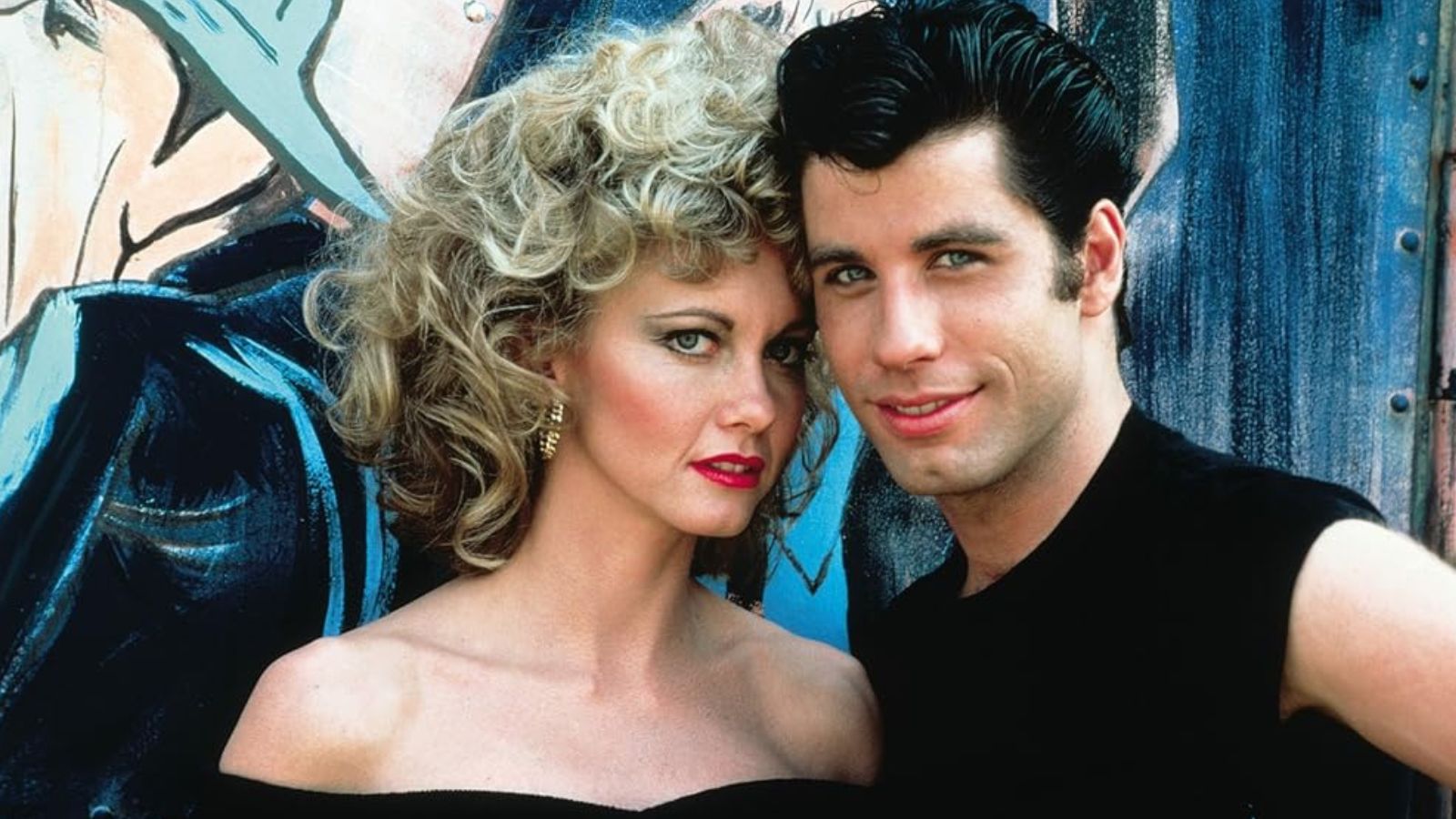
Set in the 1950s, this musical romanticizes teen relationships and features scenes where characters pressure each other into changing their appearance to fit societal expectations. As a result, the film’s depiction of gender roles and peer pressure hardly aligns with current efforts toward gender equality and body positivity.
The Goonies
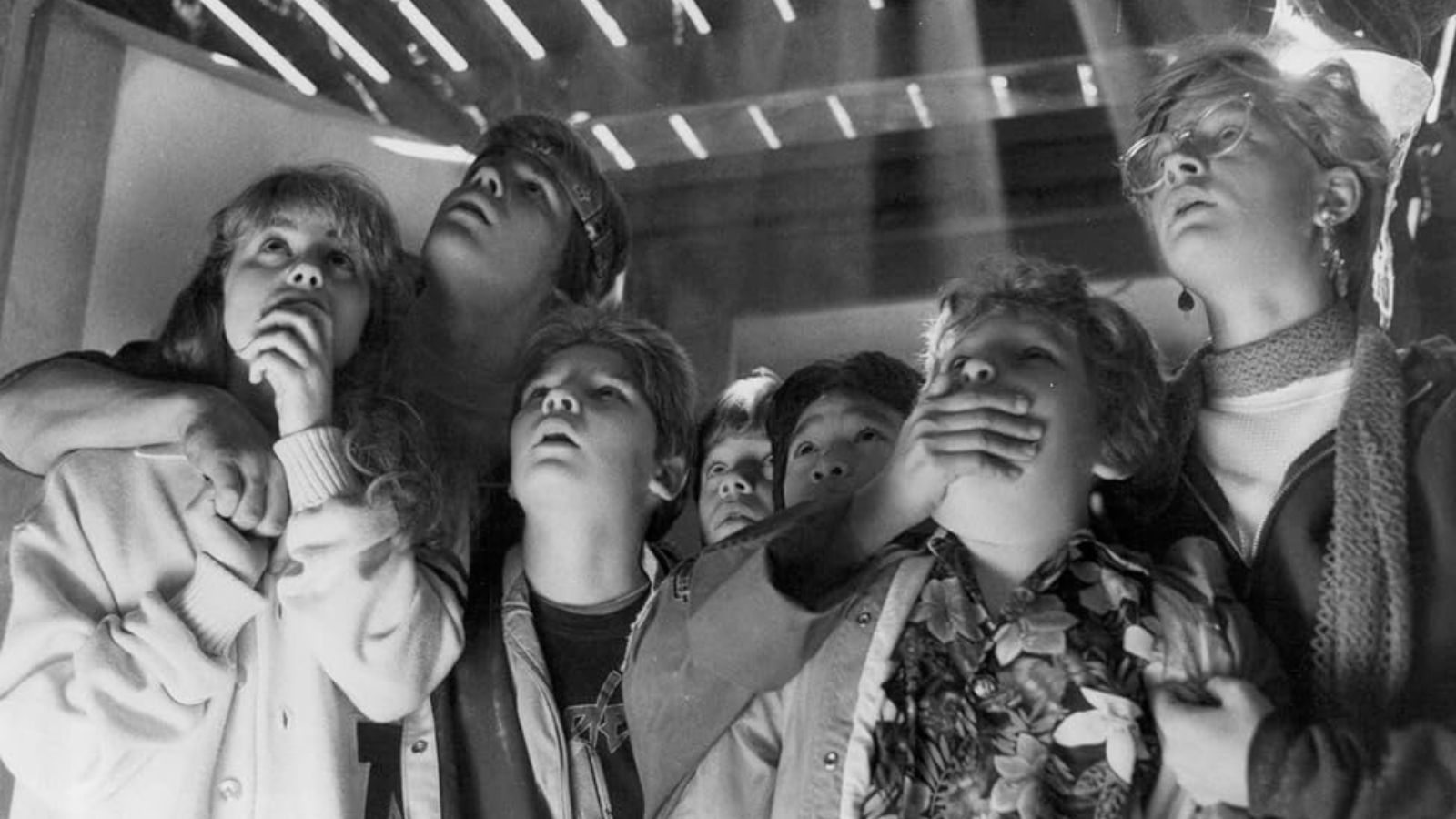
With adventure, scares, and friendship, The Goonies might be a beloved adventure film from the 1980s, but that doesn’t make it unproblematic. For one thing, it features a character named Chunk, who becomes the butt of fat-shaming jokes in multiple scenes. Branded as lazy writing, humor that relies on ridiculing someone’s appearance is rightly seen as hurtful and inappropriate by today’s standards of body positivity.
Can’t Hardly Wait
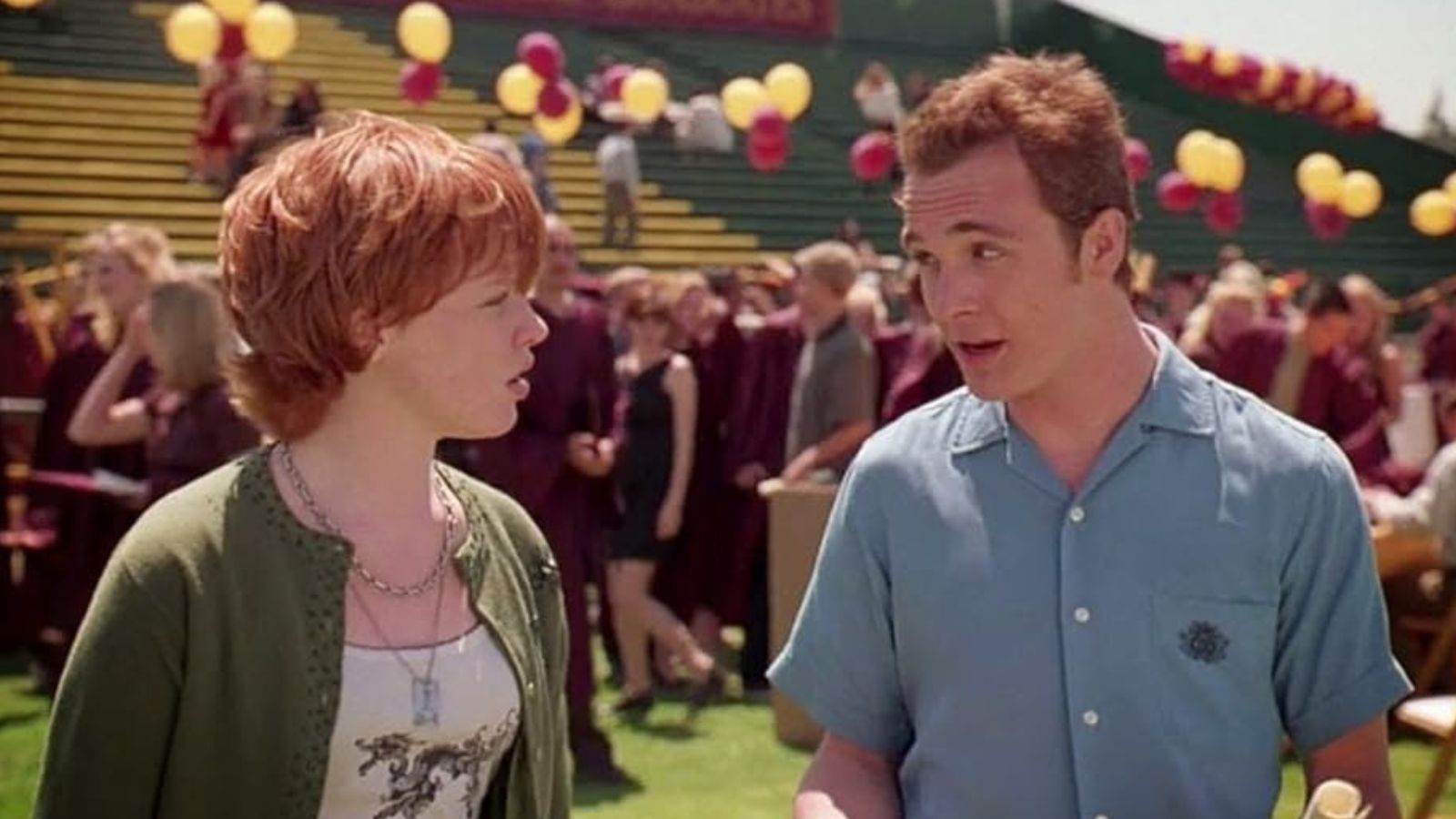
This teen comedy portrays a high school graduation party where characters engage in stereotypical behaviors and casual racism. Riddled with cultural insensitivity, the film’s portrayal of diversity, or a lack thereof, among its main characters would be criticized for perpetuating harmful stereotypes today.
Clueless

A comedy that satirizes the lives of wealthy teenagers in Beverly Hills, it includes instances of materialism, superficiality, and casual homophobia. While intended as satire, the film’s portrayal of these themes may not resonate well with audiences seeking more authentic and inclusive representations.
Heathers
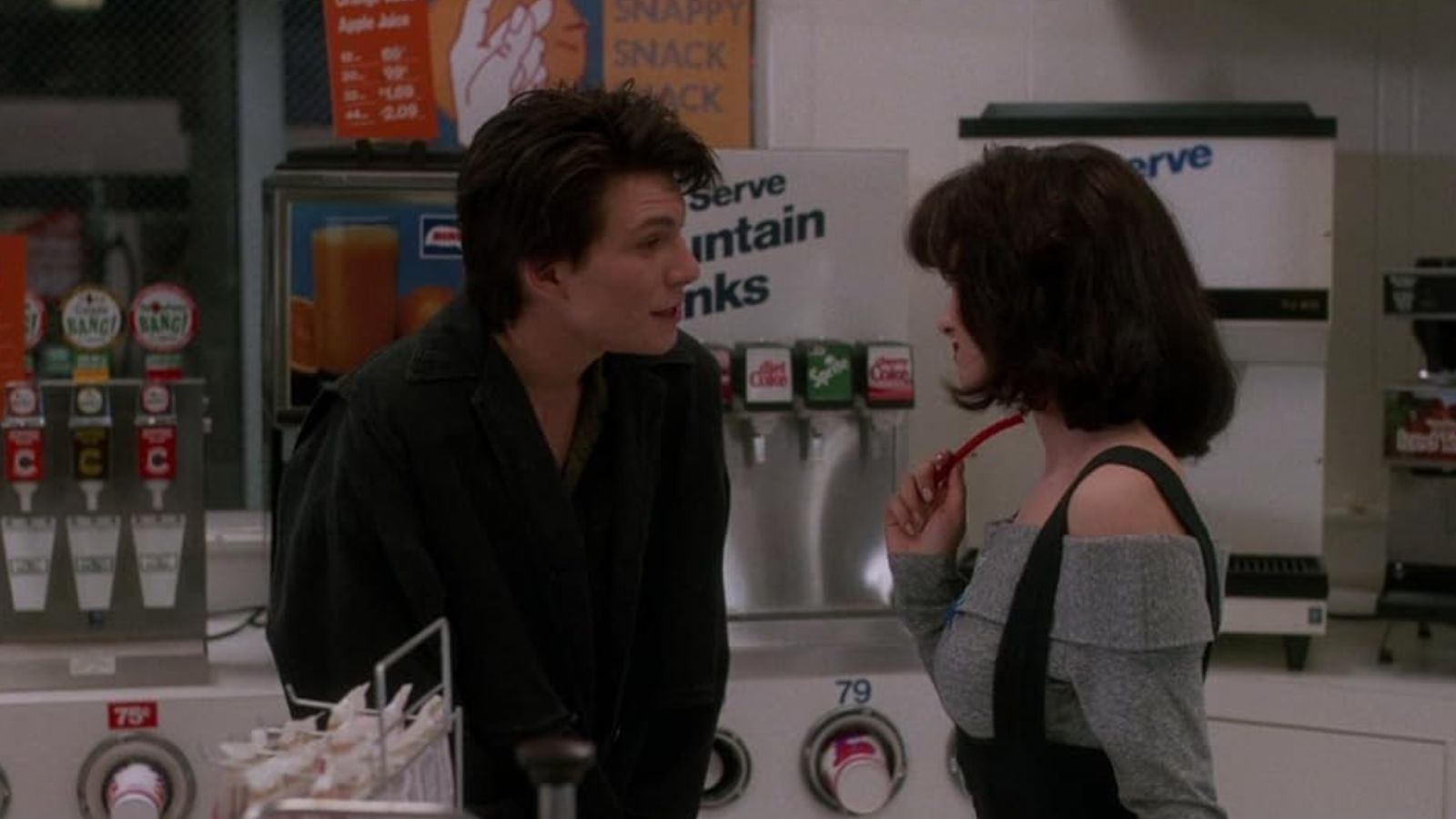
Many critics eagerly awaited this commentary on high school cliques and violence, but Heathers was problematic. While the movie explores themes of bullying and suicide, its depitction of sensitive issues like mental health and school violence lacks the nuance and sensitivity that today’s discussions require.
The Sandlot
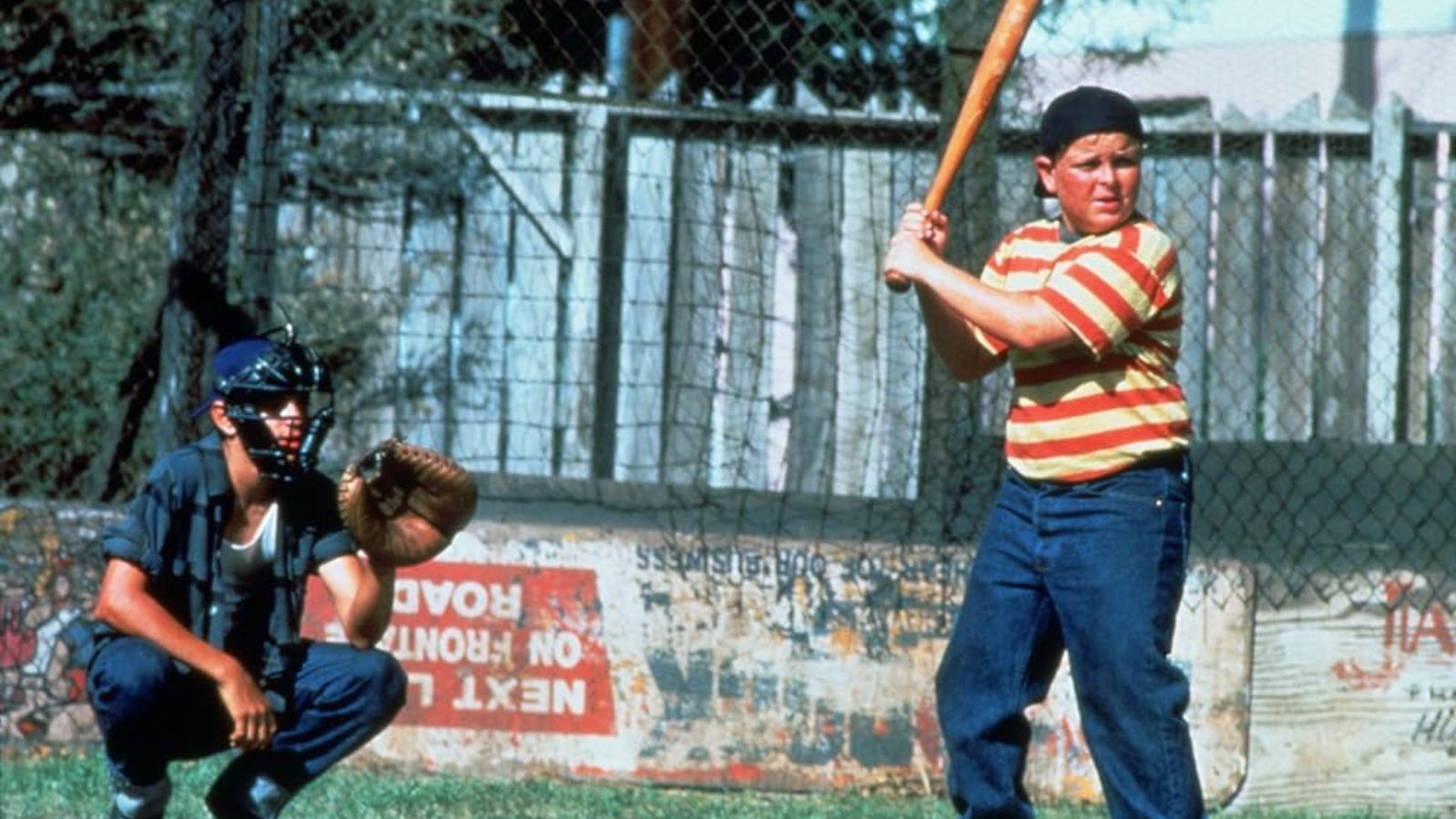
With its sun-baked 1962 summer setting, The Sandlot follows a group of young boys playing baseball. But don’t be fooled by the innocent-sounding premise. The film includes scenes of racial and ethnic stereotyping, especially in its portrayal of a character nicknamed The Great Bambino. The film would be heavily criticized for reinforcing harmful racial biases today.
Fast Times at Ridgemont High
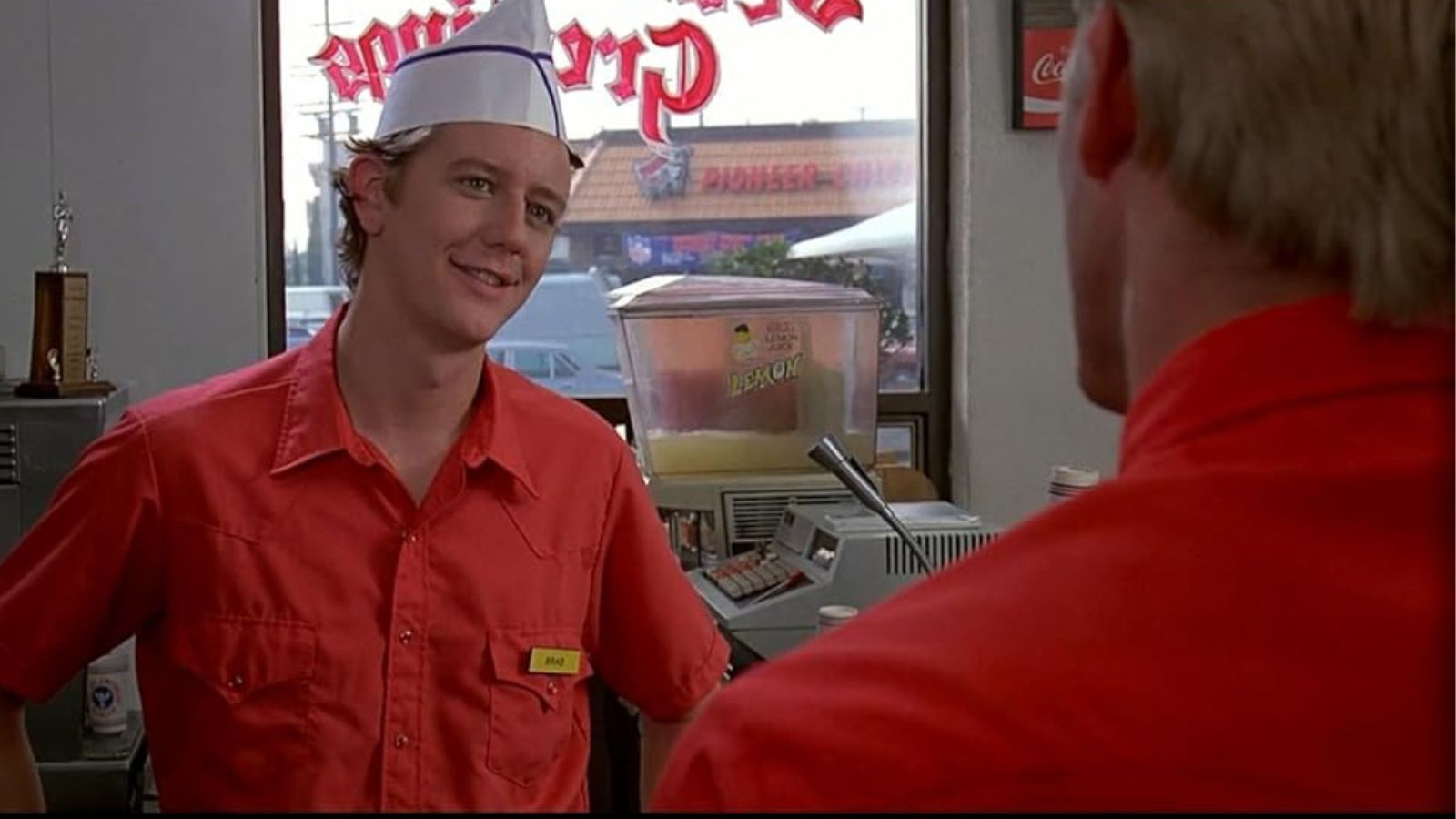
A snapshot of life in a Californian high school, Fast Times at Ridgemont High includes scenes of casual sexism, underage drug use, and sexual harassment. While some people argue that these scenes are merely reflective of the 1980s era, presenting these issues in a comedic light would offend younger viewers.
Dazed and Confused
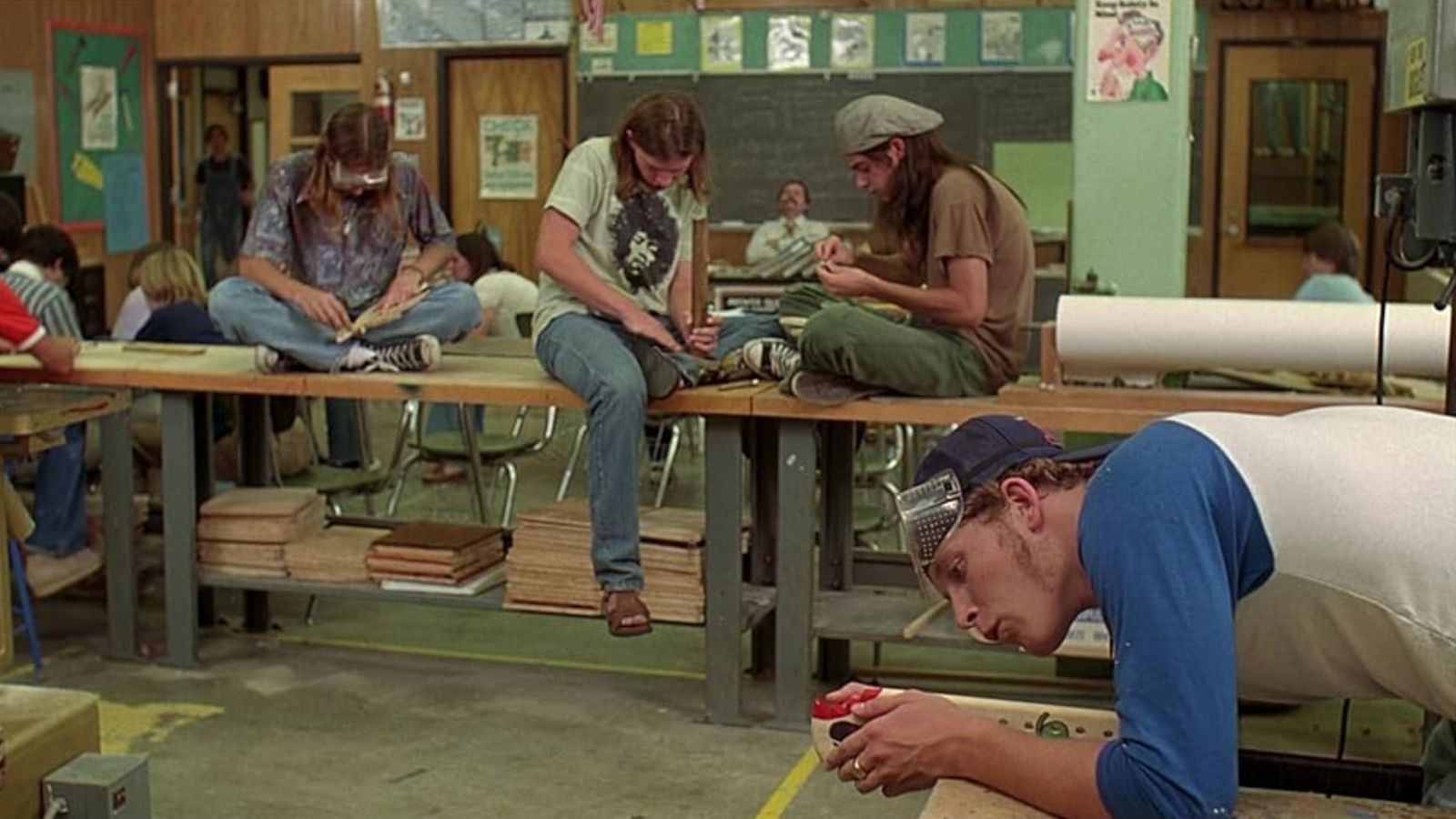
Set on the last day of school in 1976, this film examines teenage rebellion, drug use, and hazing rituals, but not all that well. Still, its portrayal of underage drinking and lack of accountability for risky behaviors among its characters is scrutinized for its potential to influence harmful behavior among young viewers today.
Stand by Me
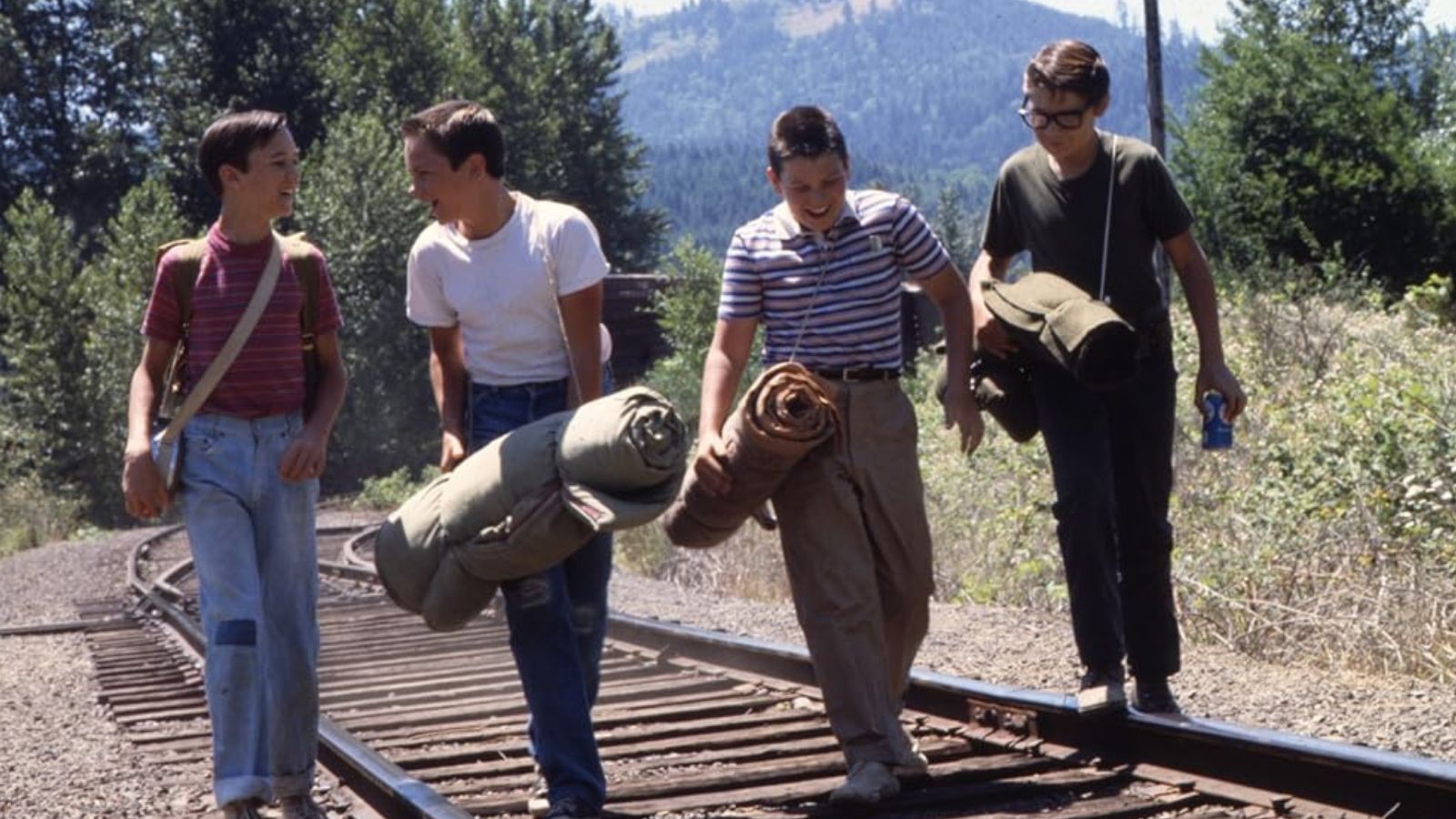
Another coming-of-age film, Stand By Me, accompanies four boys who embark on a journey to find a dead body; it includes scenes of juvenile delinquency and bullying. While exploring themes of friendship and adventure, its portrayal of violence and emotional trauma lacks the sensitivity expected in contemporary discussions on mental health and well-being.
Kids
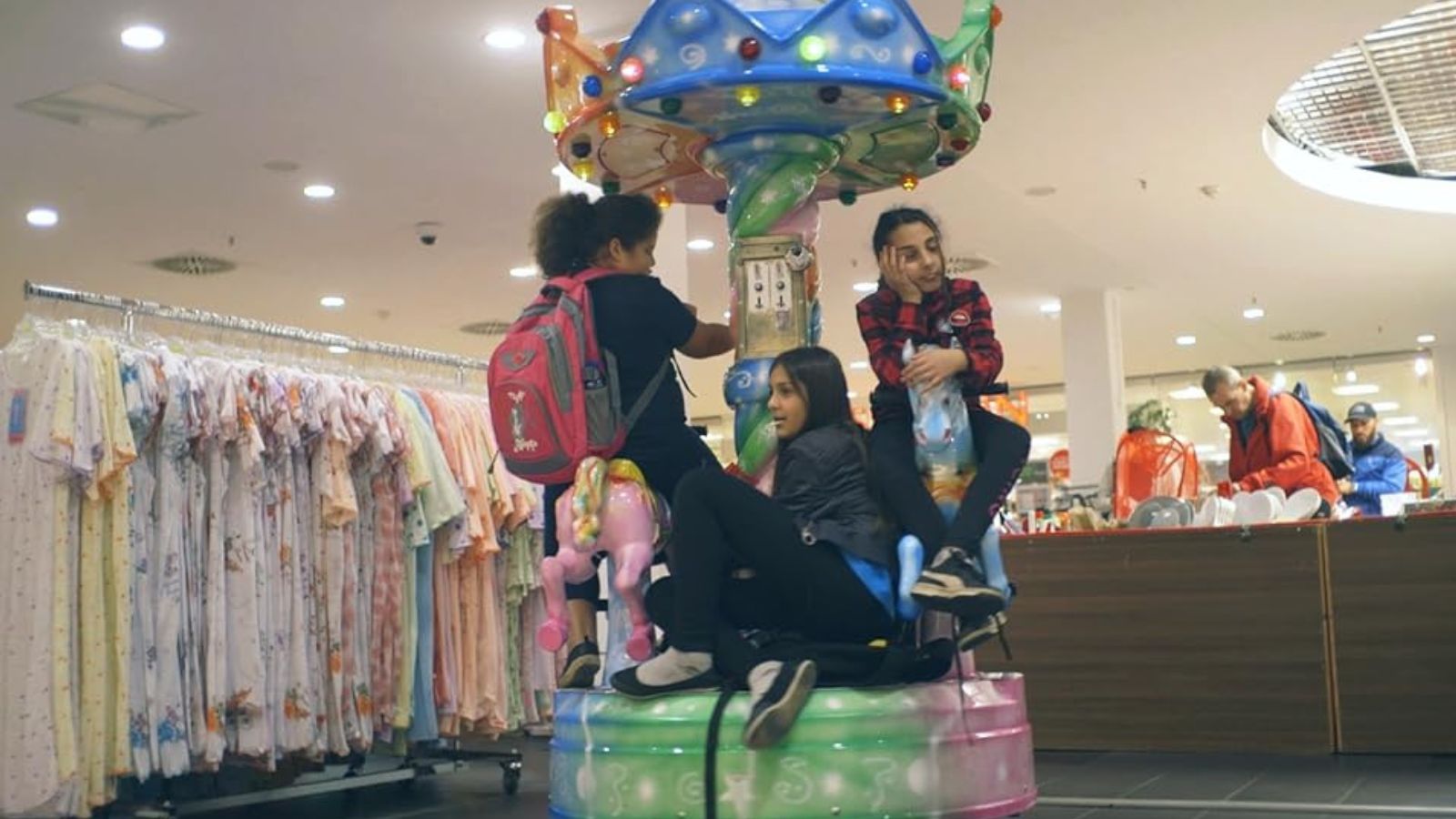
A controversial film about a group of teenagers in New York City engaging in risky behaviors, Kids includes explicit scenes of drug use, underage sex, and violence. While aimed at depicting realism, such graphic content can be seen as exploitative and detrimental to efforts promoting responsible conduct.
Ferris Bueller’s Day Off

Though its premise is simple, following one high school student’s elaborate scheme to skip school, Ferris Bueller’s Day Off includes instances of irresponsible behavior and disregard for authority figures. In particular, the film’s glorification of truancy and rule-breaking hardly aligns with modern values of academic responsibility and respect for authority.
